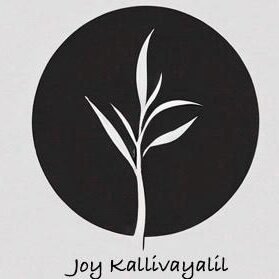#philosophy
Things that are up to Us.
“Some things are up to us and some are not up to us.
Our opinions are up to us, and our impulses, desires, aversions – in short, whatever is our own doing.
Our bodies are not up to us, nor are our possessions, our reputations, or our public offices,
or, that is, whatever is not our doing.
The things that are up to us are by nature free, unhindered, and unimpeded;
the things that are not up to us are weak, enslaved, hindered, not our own.
So remember, if you think that things naturally enslaved
are free or that things not your own are your own, you will be thwarted, miserable and upset, and will blame both gods and men.
But if you think that only what is yours is yours, and that what is not your own is, just as it is, not your own, then no one will ever coerce you, no one will hinder you, you will blame no one, you will not accuse anyone, you will not do a single thing unwillingly, you will have no enemies, and no one will harm you, because you will not be harmed at all”.
– Julian Barnes,
Elizabeth Finch.
Sajû Pj adds:
This is a famous quote of Epictetus, stoic philosopher .
( Julian Barnes may have quoted this in his book, or retranslated it).
“Some things are in our control and others not. Things in our control are opinion, pursuit, desire, aversion, and, in a word, whatever are our own actions.
Things not in our control are body, property, reputation, command, and, in one word, whatever are not our actions.
The things in our control are by nature free, unrestrained, unhindered; but those not in our control are weak, slavish, restrained, belonging to others.
Remember, then, that if you suppose that things which are slavish by nature are also free, and that what belongs to others is your own, then you will be hindered. You will lament, you will be disturbed, and you will find fault both with gods and men. But if you suppose that only to be your own which is your own, and what belongs to others such as it really is, then no one will ever compel you or restrain you. Further, you will find fault with no one or accuse no one. You will do nothing against your will. No one will hurt you, you will have no enemies, and you will not be harmed”.
– Epictetus,
Enchiridion and Selections from the Discourses.

